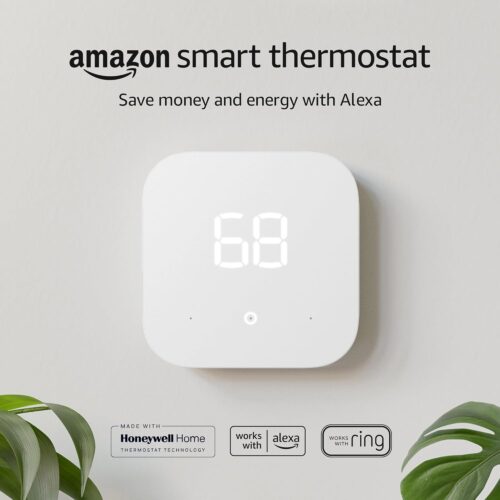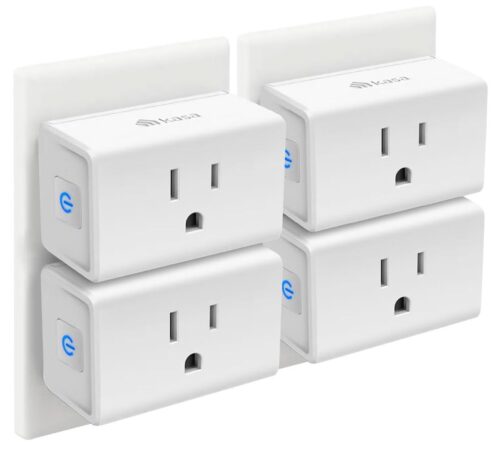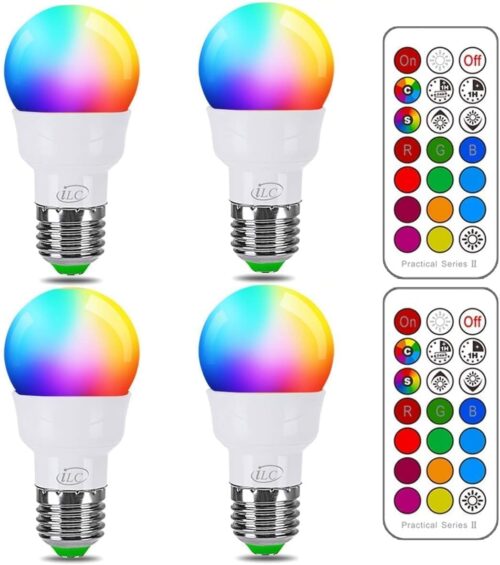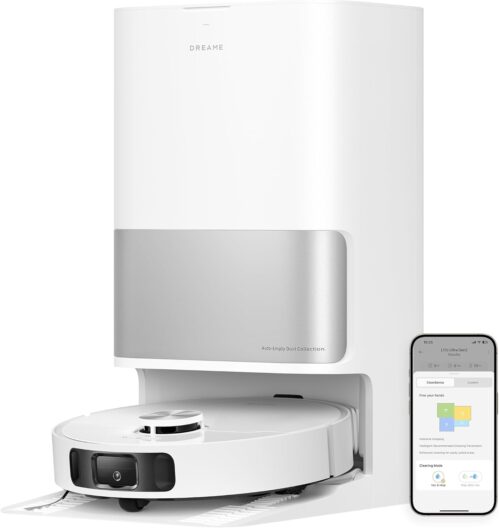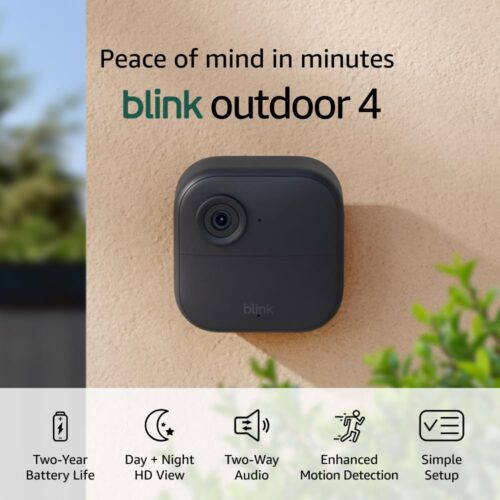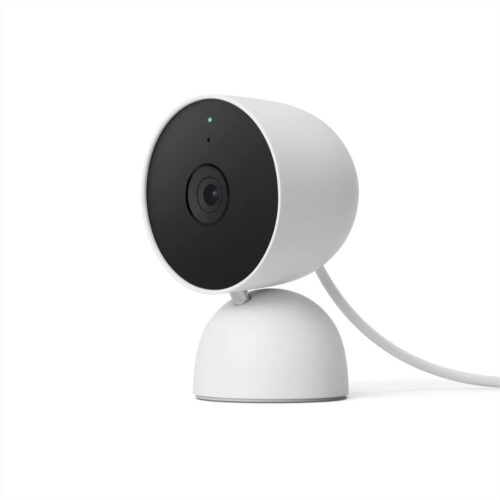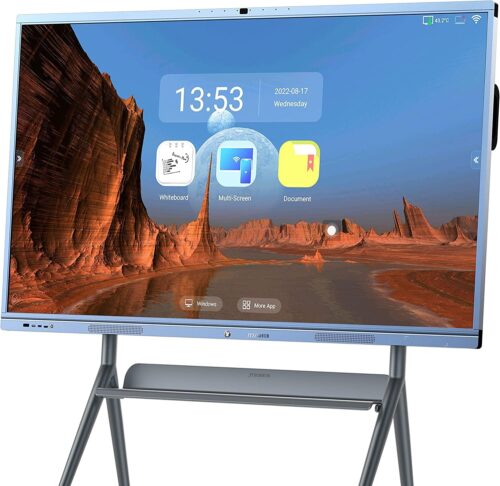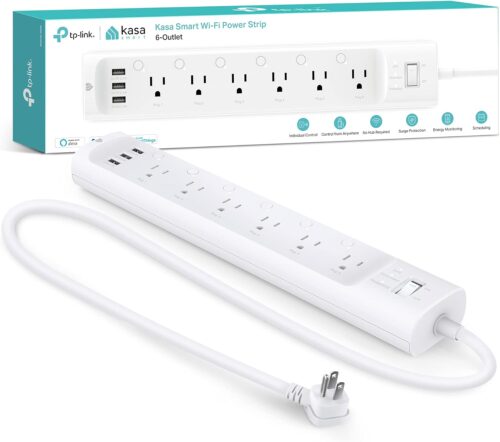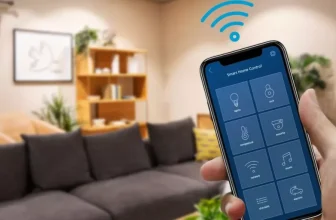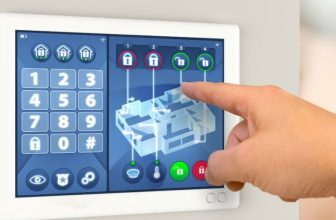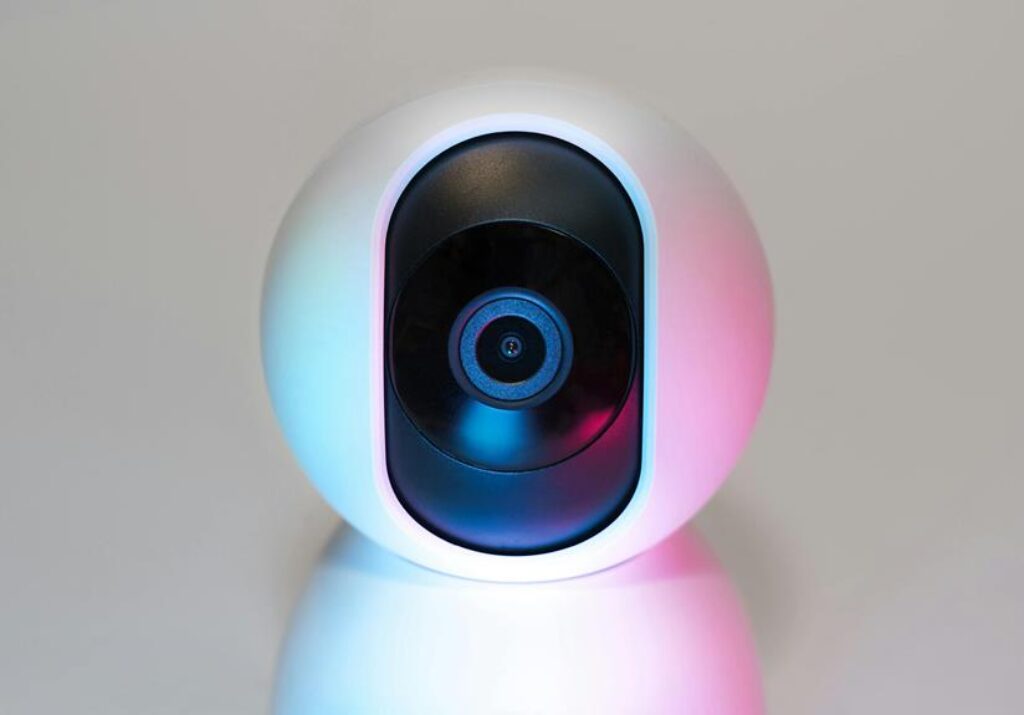
If you’re seeking smart cameras with top-notch night vision capabilities, you’ll want to explore a range of options to find the perfect fit for your needs. From enhanced infrared technology to impressive WDR features, the market offers a variety of choices that cater to different preferences and requirements. So, which smart cameras truly excel in providing unparalleled night vision performance? Let’s delve into the intricacies of these cutting-edge devices to uncover the ultimate solution for your nighttime surveillance needs.
Top Picks for Night Vision Cameras
When selecting night vision cameras, consider the latest models featuring advanced infrared technology for optimal performance. These cameras utilize cutting-edge infrared LEDs to capture clear images in low-light conditions, allowing you to monitor your surroundings effectively even in the dark.
One top pick in the market is the XYZ Night Vision Camera, known for its exceptional night vision capabilities that provide sharp and detailed footage during nighttime surveillance.
Another excellent choice is the ABC Night Vision Camera, renowned for its long-range visibility and high-resolution images in the dark. With its advanced infrared sensors, this camera ensures that you can monitor your property with clarity and precision, regardless of the lighting conditions.
Additionally, the DEF Night Vision Camera stands out for its seamless integration with smart home systems, allowing you to control and view footage from your mobile device conveniently.
Choosing a night vision camera with advanced infrared technology is key to enhancing your surveillance capabilities and ensuring round-the-clock security for your home or business.
Key Features to Look For
To ensure you make the best choice when selecting a night vision camera, focus on key features that enhance surveillance capabilities and provide optimal performance in low-light conditions. Look for cameras with infrared (IR) night vision technology, which illuminates the area with infrared light invisible to the human eye but detectable by the camera. The range of the IR LEDs is essential, so choose a camera with a sufficient range for your needs.
Additionally, consider the camera’s resolution. Higher resolution cameras provide clearer images, crucial for identifying details in low-light situations. Look for cameras with a wide field of view to ensure maximum coverage. Some cameras offer pan, tilt, and zoom capabilities, allowing you to adjust the camera’s position remotely for better visibility.
Lastly, consider cameras with motion detection and alert features, which can notify you of any activity detected in the camera’s field of view, enhancing security monitoring capabilities.
Comparison of Night Vision Capabilities
For a thorough evaluation of night vision capabilities, compare the performance of different smart cameras in low-light conditions. When assessing night vision capabilities, it’s crucial to consider factors like infrared range, image clarity, and low-light sensitivity.
Some smart cameras utilize infrared LEDs to enhance night vision, offering clear footage even in complete darkness. Others may struggle in extreme low-light environments, producing grainy or blurry images. Look for cameras with a wide dynamic range (WDR) to ensure balanced lighting and clear visibility in challenging lighting conditions.
Additionally, consider the resolution of the camera, as higher resolution sensors can provide sharper images during nighttime surveillance. Some cameras also feature advanced noise reduction technology to minimize graininess in low-light footage.
Tips for Maximizing Night Vision Performance
Consider adjusting the placement of your smart camera and optimizing its settings to maximize night vision performance. Proper placement is crucial; ensure the camera is positioned away from direct light sources like street lamps or porch lights to prevent glare and overexposure in the footage. Mount the camera at a higher vantage point to capture a broader field of view while minimizing obstructions like bushes or trees.
To enhance night vision capabilities, adjust the camera settings accordingly. Increasing the camera’s exposure settings can improve visibility in low-light conditions but be cautious of overexposure. Experiment with different sensitivity levels to find the optimal balance between image clarity and noise reduction. Additionally, enabling infrared night vision mode can significantly enhance the camera’s performance in complete darkness.
Regularly clean the camera lens to prevent dust or debris from obstructing the view. Position the camera in a location with minimal obstructions and ensure it’s protected from harsh weather conditions. By implementing these tips, you can maximize your smart camera’s night vision performance for improved surveillance and security.
Trending Products

